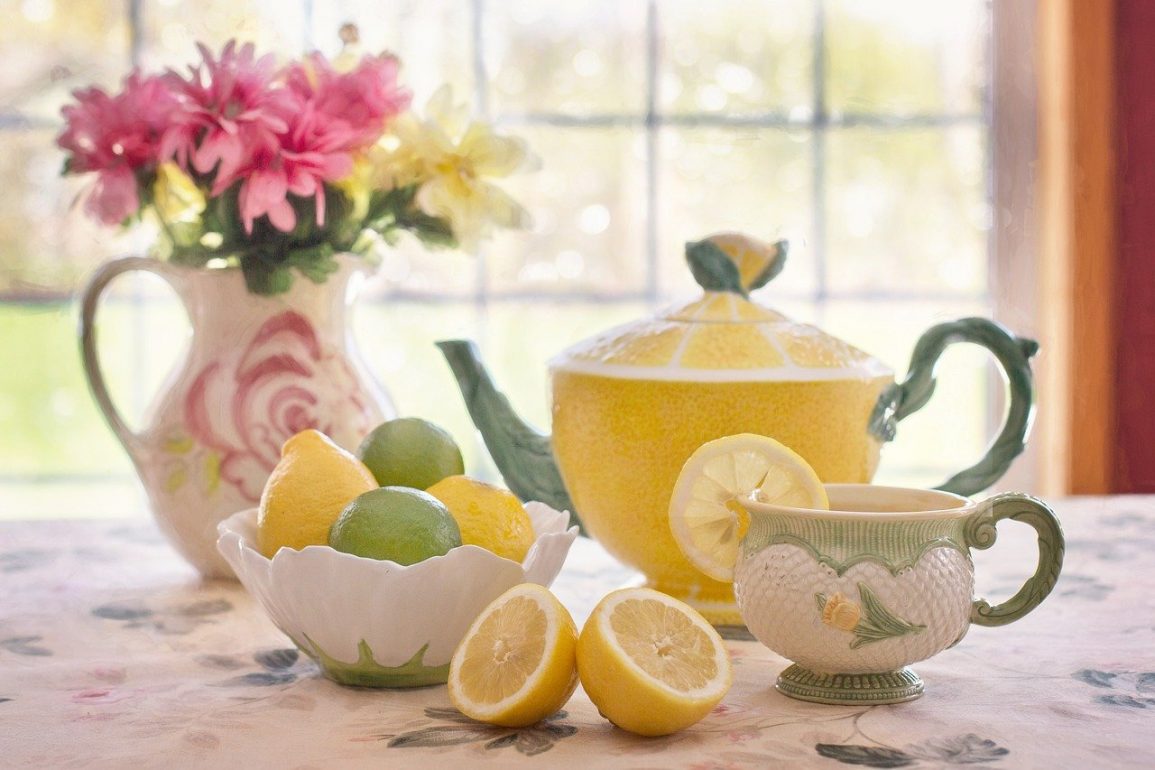Drink to Good Health Across your Family ‘Tea’ – A simple cuppa keeps us happy and healthy from childhood to old age.
You may have inherited your gran’s eyes and your dad’s nose but now a new report, commissioned by the Tea Advisory Panel (TAP), has found that, while families share a love of tea, the health benefits differ across the generations.
The report, Tea Health and Wellness Through the Ages – incorporating a new nationwide poll of British adults found similar tea-drinking habits across the generations with six in ten young adults and eight in ten older people drinking tea regularly. Traditional black tea was the firm favourite, but herbal and green teas are more popular with the young.
But although a love of tea connects the generations, younger people are drinking it their own way, with more 16–29-year-olds trying out different teas and using plant milks than the over 40s. Younger adults are also more likely to steep, than dunk, their teabags ensuring that they maximise the health benefits from the tea polyphenols – natural plant compounds found in black and green teas.
A striking difference across the age ranges is the benefits that regular tea drinking is likely to bring. Co-author of the report and registered dietitian from TAP – www.teaadvisorypanel.com – Dr Carrie Ruxton, comments: “The beneficial compounds found naturally in tea seem to deliver different benefits to different age groups – according to the scientific evidence. Fluoride benefits dental health in children, while the combination of caffeine and L-theanine – an amino acid – help to hone the concentration skills of teenagers sitting exams and young adults in the workplace. Adults trying to manage their weight can benefit from the polyphenols found in green tea which boost fat burning, according to controlled studies.
“For middle-aged adults, regular tea drinking brings benefits to metabolic and heart health by lowering the risk of type 2 diabetes and cardiovascular disease.
This is believed to be due to tea polyphenols which help to support vascular health and have anti-inflammatory effects. In the oldest adults, drinking tea has been linked with slower cognitive decline – potentially due to antioxidant benefits”.
Dental expert, Professor Robin Seymour adds: “Tea is also a safe, helpful drink in pregnancy. Not only is tea a source of natural fluoride which strengthens tooth enamel, but antibacterial polyphenols in tea suppress harmful oral bacteria which cause cavities. Further down the gut, tea can boost the more friendly species of bacteria – called a prebiotic effect – which is beneficial for digestive comfort. Pregnant women sometimes experience constipation which is helped by extra fibre, fluid, and gentle exercise. The prebiotic and hydrating effects of tea can contribute to this”.
However, the TAP poll found that around two-thirds of adults were not aware of these clinically-proven health benefits of black and green teas – instead focusing on the emotional aspects of mood, comfort, and wellness.
Co-author and GP from TAP, Dr Gill Jenkins, comments: “While it’s great that tea is widely recognised to promote wellbeing and positive mood, it would be great to educate people about the distinct health benefits. These are well-proven across hundreds of studies showing that tea is an essential part of healthy diets across the ages.”
Looking at optimal tea intakes, the evidence supports an intake of around 3 to 4 cups a day.
SUMMARY – tea health benefits across the generations
Children – tooth-friendly tea: Switching to tea instead of cordials or sugary fizzy drinks could make a significant sugar saving over the year – helping to protect teeth and lower the risk of obesity.
Teenagers – the sugar-free study aid: When studying for exams, a mug of tea is a healthier study aid than an energy drink. Tea is the only beverage that naturally contains L-theanine and caffeine which, working in combination, lead to improved alertness and focus while still maintaining a feeling of calm.
Young adults – destress and focus: Tea has a unique effect amongst caffeinated beverages of stimulating alertness, focus and memory while, at the same time, instilling feelings of relaxation.
Pregnancy & new mums – that ahhh feeling: Sitting down to a cup of tea is a good way to take time out and women can feel reassured that the small amount of caffeine in tea is safe if they stick to a maximum of four cups a day.
While breastfeeding, it’s important to stay hydrated so tea can supply essential fluid. Tea polyphenols are also good for gut bacteria which promotes digestive wellness.
Middle-aged adults – tea wellness essentials: Tea is believed to protect metabolic health by enhancing insulin action, protecting against insulin resistance, protecting pancreatic islet cells which make insulin, decreasing systemic inflammation and scavenging free radicals (antioxidant effect). Tea drinking has also been associated with better bone health.
Older people – heart and brain benefits: In the UK, tea is one of the top three sources of polyphenols in the diet. These compounds have been linked in older people with brain and cognitive health due to their antioxidant and anti-inflammatory effects, as well as their positive impact on blood vessel function which also benefits heart health.
Lilly Light


